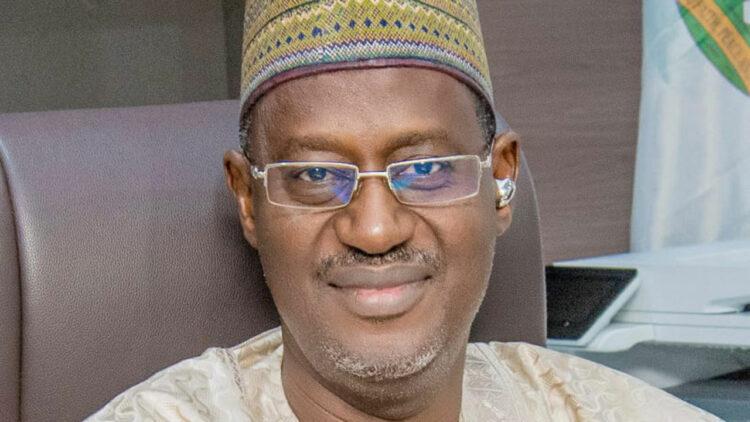The Minister of Housing and Urban Development Arc. Ahmed Musa Dangiwa has reiterated the commitment of the Federal Government to the vision to create an efficient housing market that gives all Nigerians the right to a secure, decent, and affordable homes.
Dangiwa stated this during the ministerial press briefing organised by the Ministry of Information and National Orientation where he outlined the significant strides made by his ministry in advancing the Renewed Hope Housing Agenda of President Bola Tinubu’s administration.
The minister highlighted that the strategy of the ministry to move the housing sector forward revolves around three core pillars including growing the economy, lifting 100 million Nigerians out of poverty, and creating an enabling environment.
He affirmed that the Renewed Hope Housing Programme is designed to be a catalyst for economic growth.
According to him, the launching of the Renewed Hope Cities and Estates Development Programme earlier this year by President Tinubu at Karsana District of Abuja will deliver a total of 50,000 housing units across Nigeria under its first phase.
Giving description of the projects, Dangiwa said that the Cities will have 1,000 housing units per site in one location in each of the six geo-political zones in the country and FCT, while the estates will have 500 housing units per site in the remaining thirty (30) States.
“We have designed the Renewed Hope Cities as integrated living communities targeting all income brackets. They comprise one-bedroom blocks of flats, two-bedroom blocks of flats and three- bedroom blocks of flats; two- three- and four-bedroom terraces, four-bedroom duplexes, and five-bedroom duplexes,” he added.
He also explained, “To enhance affordability and ease of offtake, we used organic designs where one bedroom can be expanded to two-bedrooms and three-bedrooms as the income of beneficiaries increase over time.”
Dangiwa also spelt out a cross subsidy plan that will allow housing units built under the Renewed Hope Cities to be sold at commercial rate and a substantial percentage to be sold at concessionary rates to low- and medium-income Nigerians who are members of the Nigeria Labour Congress (NLC) and the Trade Union Congress (TUC).
Accordingly, he said that the construction and development of new areas, cities and estates will generate employment opportunities, stimulate local businesses and attract investments.
“The 50,000 units to deliver under phase 1 will create 1,250,000 direct and indirect construction jobs. This is in addition to the value chain effects of purchase, supply of building materials, businesses around the construction sites,” he explained.



